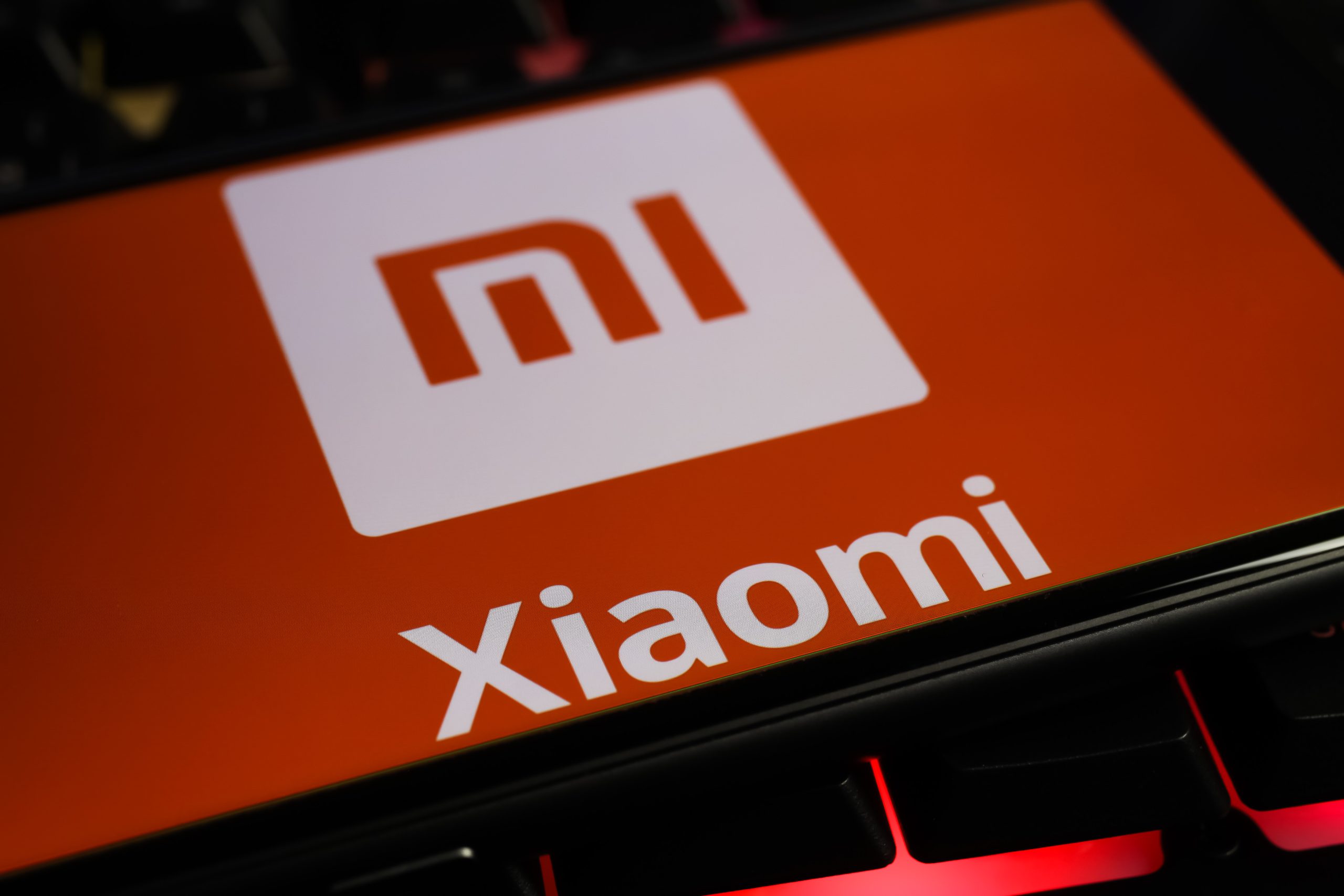As technology continues to advance at a rapid pace, it’s natural for older devices to face limitations in terms of software support. One such device is the iPhone 7, which was released back in 2016. With its sleek design and impressive performance, the iPhone 7 quickly became a popular choice among smartphone users. However, as time goes on, questions arise about how long Apple will continue to support this device and what it means for iPhone 7 users. In this article, we will delve into the lifespan of the iPhone 7, covering topics such as future iOS updates, the duration of official support, and the impact of discontinued updates on the device’s functionality.
Will the iPhone 7 Receive iOS 16?
One of the most pressing concerns for iPhone 7 users is whether or not their device will receive the latest iOS updates, particularly iOS 16. Unfortunately, it has been confirmed that iOS 15 is the end of the line for the iPhone 7 and iPhone 7 Plus. This means that iPhone 7 users will not be able to take advantage of the new features and improvements that iOS 16 has to offer. The iPhone 7 currently runs on iOS 15.6.1, which was released on August 17, 2022.
This decision by Apple may come as a surprise to many, considering the iPhone 7’s still relevant performance and processing power. However, it appears that the introduction of new features, APIs, and SDKs in iOS 16 requires certain hardware capabilities that are only supported by devices such as the iPhone SE 2nd generation and later models.
How Long Will the iPhone 7 Be Supported?
Official support for the iPhone 7 will continue until September 12, 2022, which is when iOS 16 is expected to be released. Following the release of iOS 16, Apple may cease signing iOS 15.6.1 within a month. Unless Apple decides to provide additional security updates for the iPhone 7, iOS 15.6.1 could mark the end of software support for this particular model.
It’s worth noting that the iPhone 7, along with the iPhone 5s, holds the distinction of being one of the most supported iPhones to date. Throughout its lifespan, the iPhone 7 has received six major updates, starting with iOS 10.0.1, which it came with out of the box, and currently running on iOS 15.6.1. These updates have brought significant UI and feature enhancements, showcasing Apple’s ability to optimize performance on older devices. While there were concerns about iOS 12 slowing down the iPhone 7, Apple addressed this issue by issuing an update. It was only when the device’s performance was noticeably impacted that Apple decided to discontinue updates.
What Happens After 2022?
Although iPhone 7 devices will no longer receive version upgrades like iOS 16, there is a possibility that they may still receive a few security updates in 2022. However, any security updates released after the discontinuation of major iOS updates will be based on iOS 15. This means that while certain vulnerabilities may be addressed, the device will not benefit from the latest security patches and improvements offered by newer iOS versions.
The Impact of Discontinued Updates
The question arises: if the iPhone 7 stops receiving updates, does that render the device useless? The answer depends on your definition of “useless.” While a device that lacks updated security patches and features may be considered less secure and less capable, it doesn’t mean that it becomes completely non-functional. You will still be able to use your iPhone 7 to make calls, play games, run apps, and access the web, as long as no hardware failures occur. However, it’s important to note that without regular security updates, your device becomes more vulnerable to potential attacks and breaches.
As time goes on, iOS 15.6.1 will eventually cease to support app updates and modern apps. This means that you may encounter compatibility issues with certain applications, as developers focus their efforts on optimizing their software for newer iOS versions. While this may be a gradual process, it’s likely that over time, you may find yourself needing to upgrade to a newer device in order to continue using the latest apps and services.
A Look into the Future
When considering the lifespan of the iPhone 7, it’s important to remember that all technology evolves and eventually becomes outdated. While the iPhone 7 has had a commendable run in terms of software support, there comes a point where newer hardware and software requirements make it impractical to continue supporting older devices. Apple’s decision to discontinue major iOS updates for the iPhone 7 reflects this reality.
However, it’s worth acknowledging that the iPhone 7 has already surpassed the average lifespan of a smartphone, with six major updates received over its lifetime. This is a testament to Apple’s commitment to supporting its devices for as long as possible.
As technology continues to advance, it’s important for users to stay informed about the lifespan of their devices and plan accordingly. Whether it’s exploring upgrade options or considering alternative ways to extend the functionality of their current device, users can make informed decisions that align with their needs and preferences.
Conclusion
We hope this article has provided valuable insights into the lifespan of the iPhone 7. While the end of major iOS updates may bring some limitations, your device can still serve you well for a considerable amount of time. As always, if you have any further questions or concerns, please feel free to leave a comment below, and we’ll be happy to assist you.







